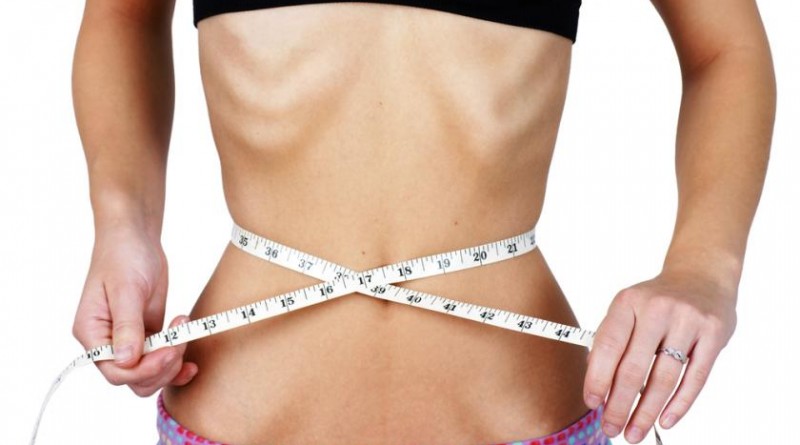Eating disorders are most definitely not a sign of “narcissism”
Broadcaster Joan Bakewell, 82, claimed that anorexia is a sign of narcissism.
In an interview with The Sunday Times, Baroness Bakewell said: “I am alarmed by anorexia among young people, which arises presumably because they are preoccupied with being beautiful and healthy and thin.
“No one has anorexia in societies where there is not enough food. They do not have anorexia in the camps in Syria. I think it’s possible anorexia could be about narcissism.”
She added: “To be unhappy because you are the wrong weight is a sign of the overindulgence of our society, over-introspection, narcissism, really.”
No it isn’t.
Eating disorders are very complex mental illnesses that affect about 1.6 million people in the UK.
Blogger and writer, Ruby Tuesday, 34, developed an eating disorder when she was about 18 years old. She was diagnosed when she was 19.
She says: “I believe that a person is born with a tendency to suffer with mental health issues. For me, even though I wasn’t diagnosed with anorexia until I was 19, looking back, I can see that I had food issues from childhood.
“I think eating disorders can come under the umbrella of addiction and again, I believe it’s something you are born with. Of course nature and nurture play a huge role. As do circumstance and luck.
“There is no one single cause of an eating disorder. It’s a mixture of all these things coming together to make a person vulnerable to such conditions.”
Eating disorder charity b-eat explains that the causes of eating disorders are very complex and not yet fully understood, but the combination of genetic, biological, social and cultural factors are taken into consideration when a person is diagnosed.
For someone who has or may have had an eating disorder, being surrounded by images of hyper-perfect bodies when their own body image is distorted by a mental illness just reinforces the view that their body is disgusting, shameful and must be punished and controlled. Body image distortion and an intense fear of fatness are also core features of eating disorders.
“Body image is a huge issue for young people,” Ruby says. “It seems that girls want to get thinner, whereas boys want to get bigger. There is more pressure than ever for people to conform to what is considered beautiful. Anything that helps people to like and accept themselves the way they are.”
“Of course, exposing young vulnerable people to images of extremely thin models is not healthy and does not help someone with an eating disorder but I don’t think that these images alone contribute to someone becoming eating disordered. I think an eating disorder is much more complex than simply reacting to very skinny models.
“The fashion industry itself can contribute to someone feeling bad about their body and may even influence them to try and lose weight. But again, I don’t think it is the sole cause of an eating disorder.”
It is estimated by the Department of Health that the true figure for those with eating disorders is more like 4 million because many people who struggle do not seek help and therefore do not enter the figures.
For those that are diagnosed with an eating disorder, figures show half of them will recover while 30% continue to improve and 20% remain chronically ill.
Even though many have been diagnosed and are receiving treatment, there are many who remain undiagnosed and at risk. The secrecy and stigma attached to eating disorders stops many getting the help they need and but also stops those around them taking responsibility to help someone who is suffering.
No one should have to suffer in silence because help and support is there if needed. Recovery may seem like long way ahead but some will never know unless they take the first step.
If you or anyone you know is affected by the issues raised in this article, call b-eat on 0845 634 1414 or visit their website at http://www.b-eat.co.uk




